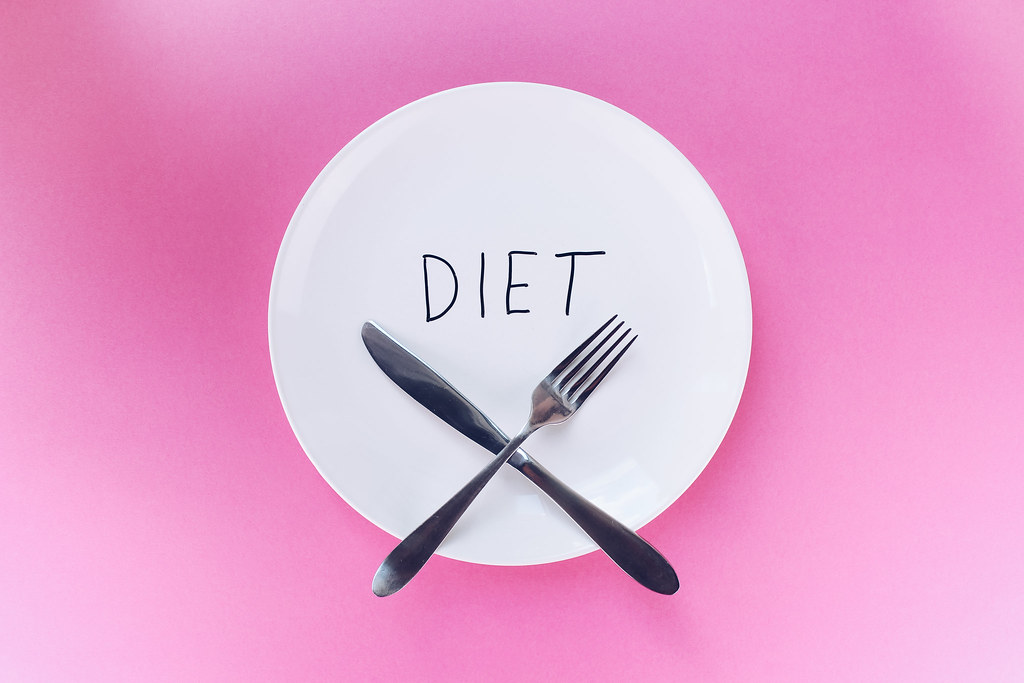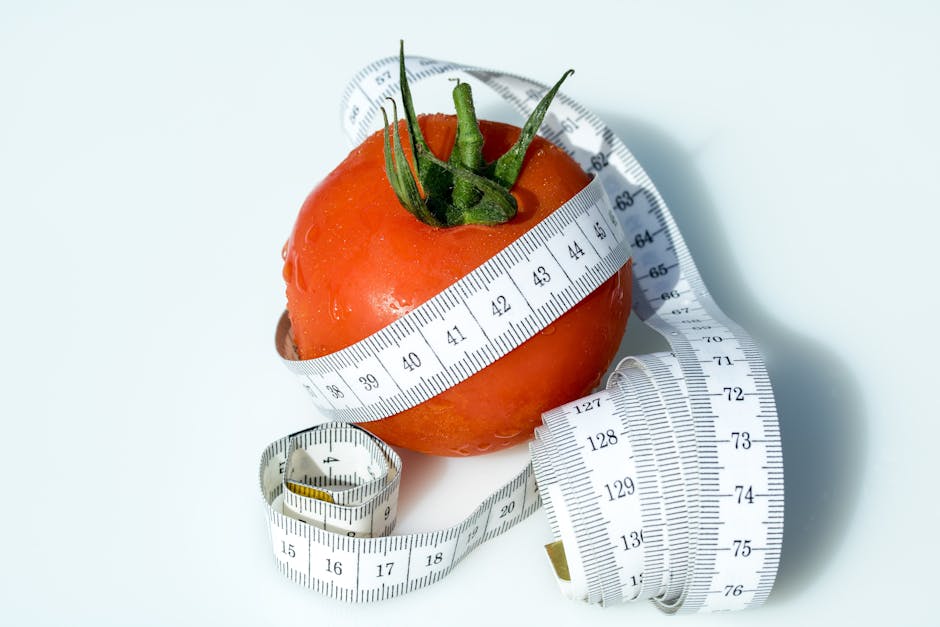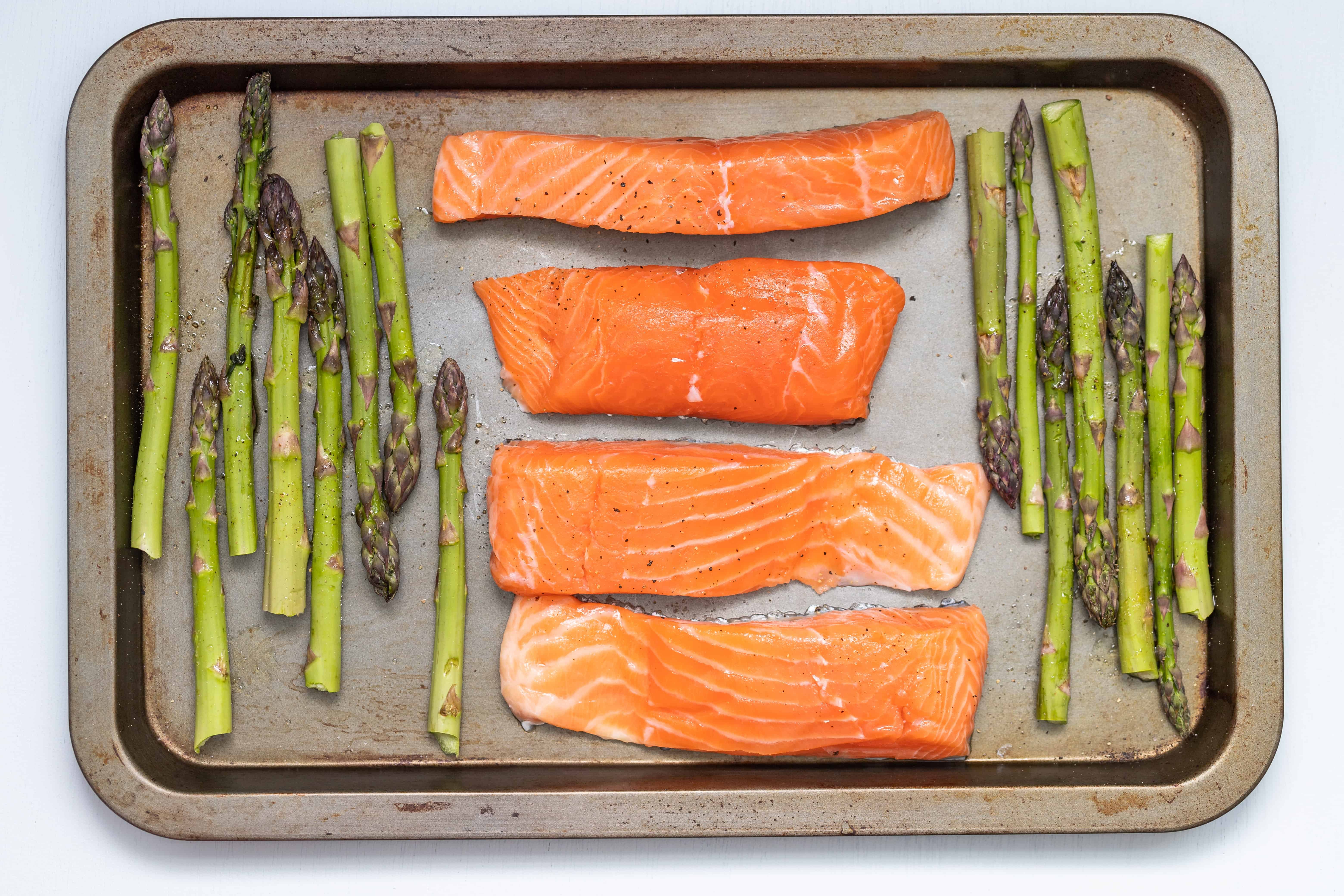When deciding to start a diet, everyone is thrilled, enthusiastic, and full of energy in the beginning. I’m sure you’re the same: ready to commit and make a change. Well, take advantage of this stage to organize your new lifestyle and plan ahead. In my opinion, there are six important things you must do to start a diet plan and dieting. I took the time to list and detail each of these steps to help you achieve your fitness goals a lot easier and quicker.

Topic Contents
How to Properly Start a Diet – 6 Things to Do Towards a Healthier Lifestyle
1. See What Your Physician Has to Say About It
Before starting any diet, I advise you to check your doctor’s opinion first. He or she will be able to offer crucial information on how to lose weight in a healthy and effective manner. During the appointment, make sure to ask all the important questions related to weight loss that you can think of. Below, you will find a list of the best questions you should consider asking your physician:
- Should I follow a diet to lose weight?
- Do I have any health issues that might prevent me from keeping a diet?
- How many pounds should I lose?
- Will my health improve if I shed some pounds? In what way will that happen?
- Do you think I should try weight-loss pills or supplements?
- Am I healthy enough to engage in physical activities?
- Could you help me monitor my weight-loss journey?
Don’t forget to take notes of everything the doctor says and, if necessary, ask for referrals to a skilled and certified dietitian. Dietitians together with physical therapists are professionals who can help you reach your weight-loss target.
2. Establish S.M.A.R.T. Goals
First and foremost, you must set realistic goals or, the way I like to call them, S.M.A.R.T. objectives. They should be specific, measurable, achievable, realistic, and time manageable. Also, a dieter has to have two types of goals: long-term and short-term ones. Then, you must also personalize those goals to suit your unique lifestyle, circumstances, body type, and needs. Healthy and reasonable objectives will also help you stay on the right track, not get carried away with risky or too strict eating plans, and tackle the common challenges of a diet.
Another important thing to do is creating deadlines for each and every single goal you establish. This will increase the chances of accomplishing your objectives because it makes you accountable for your actions and the steps that you take towards your goals. Usually, weekly or monthly structures are the ones that work best.
3. Find Out How Many Calories You Must Consume
First, you need to figure out your optimal calorie intake that will help you lose weight. Then, you must create a calorie deficit in order to shed those extra pounds. To calculate the number of calories you should be consuming, you can use an online tool, app or calculator. This method offers a quick response and it is easy to use. However, the results are based solely on general guidelines. Another way you could try is by keeping a pre-diet journal to evaluate how many calories you currently consume. Although it is an inexpensive method to count your calorie intake, this method is also time-consuming. Therefore, I recommend you three other alternatives that will provide you with more accurate results:
- Performing a metabolic test – you will get personalized results but this is an expensive option;
- Use an activity monitor – I’m talking about high-tech journals. These devices don’t just collect information but they also interpret a wide range of data. You can do this on both your computer and smartphone. It is highly convenient and returns numerous different variables. On the other hand, these gadgets can be pretty expensive and not all of them keep track of your food intake;
- Make an appointment with a certified dietitian – this is probably the best method to kick-start a diet because a professional will tell you exactly how much you need to eat in order to lose weight, how to properly size your portions along with plenty of other valuable insights. Specialists will also establish the proportion of protein, carbs, and fat that you need to include in your meals. It is a professional, personalized, and face-to-face approach but, unfortunately, it can be costly if you’re not covered by insurance.
4. Create Your Personal Healthy Eating Plan
Change is hard so if you’re used to eating sugary, processed or junk food, starting a healthy diet will definitely be a challenge for you. So, here’s what you should do to prevent relapses when you’re trying to eat well.
a. Let Go of Processed Foods
Choose whole foods instead. Fill your fridge with fresh vegetables, fruits, and whole grains and get rid of things like frozen pizzas or instant soup packages. Snack on fruits rather than on chips, pretzels or sweets. Whole foods are very nutritious and rich in vitamins, minerals, fibers, protein, and healthy fats so they will help you lose weight in a balanced manner.
b. Exclude Sugary Beverages from Your Diet
The average American consumes approximately 45 gallons of sugary drinks per year. This is a real issue that is often the cause of health problems such as type 2 diabetes, liver damage, anxiety, premature aging, and obesity. So, get rid of soda and choose infused water or unsweetened drinks instead.
c. Include Nuts and Seeds in Your Daily Diet
Both nuts and seeds can be called superfoods due to their nutritional content. They are rich in minerals, vitmains, and healthy fats. Some of the best ones are flaxseeds, pumpkin seeds, and chia. Seeds contain antioxidants, magnesium, calcium, and zinc. Feel free to add them to your baking recipes or simply include them in your morning cereal bowl.
d. Consume More Fish
Eating fish on a regular basis, especially the fatty kind like salmon will help you maintain a healthy heart, improve your brain function, and lower the risk of certain diseases like dementia or diabetes. Fish is full of Omega-3 fatty acids so you should consume it at least two times per week.
e. Learn the Principles of a Correct Portion Size
Simply put, to lose weight, you need to eat on smaller plates. This way, you will trick your brain into believing that you ate more than enough. Moreover, you will feel satiated quicker while also avoiding the commonly-met issue of overeating. Some specialists even say you should make sure that your plates are colorful because a lower contrast between your food and the plate will help you eat less.
f. Include Probiotics and Focus on Nutrients Instead of Calories
Probiotics like Kefir promote healthy gut bacteria which further leads to an improved digestion and a boosted immune system. You will find probiotics in foods such as yogurts, soft cheeses, and apple cider vinegar.
5. Keep a Diet Journal
Keeping a journal will enable you to keep track of your progress and it will keep you motivated. This way, you will be able to evaluate your own progress so that you know when to adjust your diet or when to reward yourself. So, here’s what you should write in this journal:
- All your diet and fitness goals. Make them specific. Instead of saying “I want to lose weight,” you should express your objective like this: “I will lose 10 pounds in 2 months.” Don’t worry if you don’t achieve it from the first attempt. You can always come back and adjust your goals;
- Your drinks, foods, and snacks. This way you will find out what things you eat on a daily basis, what should you change, and more;
- Split big goals into smaller and more achievable objectives. For instance, you could write down a weekly target such as increasing your water consumption to 2 liters per day.
6. Learn to Motivate Yourself
There are two kinds of motivation: intrinsic and extrinsic. The second type is the one that’s sourced from external factors like your dietician saying you need to lose weight in order to improve your health or your wedding day approaching which makes you want to fit better in your special dress. On the other hand, intrinsic motivation comes from within. You can say you have the power to motivate yourself when you decide to exercise because through workouts you feel a sense of accomplishment. It is usually good to combine these two kinds of motivations, although, the inner one can have a much greater impact.
If you want to foster your internal motivation you need to establish short-term objectives, keep a journal, and acknowledge your success. Another way in which you can keep your motivation high is through rewards. So, remember to reward yourself every time you reach one of your mini-goals. Even if you fail to accomplish your targets sometimes, don’t be too harsh on yourself. Embrace the fact that failure is a part of life, learn from it, and move on. Other things like getting a diet buddy and tracking your meals will also help you stay motivated all the way.
What Not to Do When Starting a Diet
As I mentioned before, change is hard, especially when you’re used to a certain way of life in which you tend to often indulge in sweets, sodas, and junk food. Therefore, it is best to avoid certain mistakes that might interfere with your diet. You can do that by starting small and change more things in a gradually way. Now, that we’ve discussed what the best ways to start a diet are, let’s talk a little bit about what to avoid doing.
- Don’t completely eliminate an entire group of foods – excluding gluten or dairy products from your meals might be a huge mistake. Ditching some food types just to follow a stricter diet will seriously mess up your eating plan. Full restrictions tend to make you crave those restricted foods a lot more than you used to so you’ll probably end up eating them anyway;
- Don’t change everything at the same time – rather than modifying your entire lifestyle in just a couple of days, you could slowly yet steadily incorporate those changes into your daily habits by splitting them in phases. Incremental changes lead to long-term success in any field, including weight loss. This will also lower the risk of backsliding;
- Avoid exhausting yourself with too intense workouts – don’t ever sacrifice your physical, mental or emotional health to work out more. Also, sleep is an important part of any weight-loss regimen because your organism needs rest and recovery time as well. Moreover, during sleep, your satiety hormones are balanced while your muscles are repaired. Simply put, if you don’t get enough rest, you will be more tempted to cave into temptations;
- Don’t forget to pay attention to your hunger cues – learn how to properly respond to your body’s hunger or fullness signals instead of following the ones of someone else. Even if you’re determined to stick to a strict diet at first, you will easily fail if you become frustrated because of feelings of deprivation.
Bottom Line
As you progress and move from one step to the next one, remember that you can always return to one of the previous steps to adjust, modify or change anything you feel the need to. And don’t worry if you don’t get your desired results because there are plenty of solutions out there such as adjusting your goals, evaluating your energy balance, and checking in with your doctor. Nobody says you shouldn’t look forward to the final outcome but remember to also enjoy the journey and have fun.
Alt Protein Team is a team of professionals and enthusiasts committed to bringing you the most up-to-date information on alternative protein, health and wellness, workouts, and all things health-related. We’ve reviewed a lot of products and services so you don’t have to guess when you spend your hard-earned money on them. Whether you want to shed some pounds, build lean muscle or bulk, we can help you figure out what you need to do and what you need to have to achieve your goals.











